Poetry is indispensable - if I only knew what for
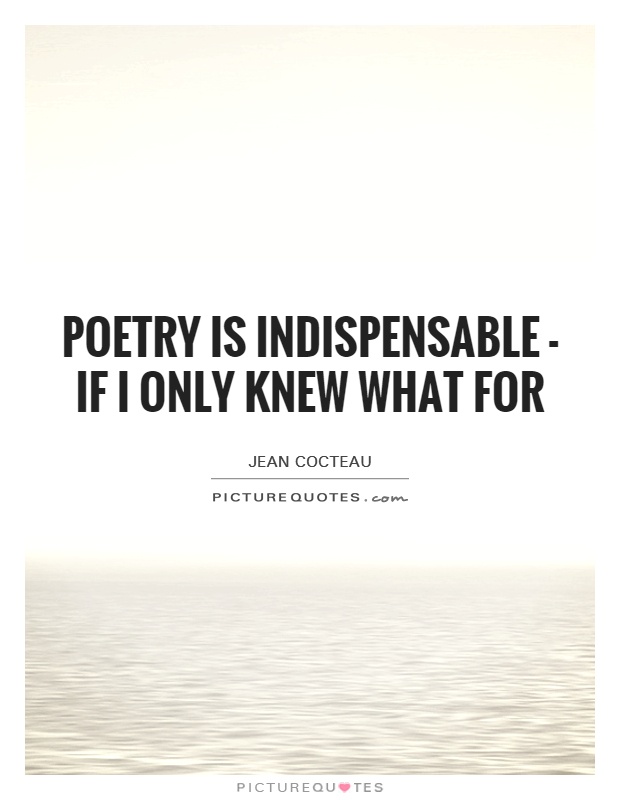
Poetry is indispensable - if I only knew what for
Jean Cocteau, a French poet, playwright, and filmmaker, once famously said, "Poetry is indispensable - if I only knew what for." This enigmatic statement captures the essence of poetry as a form of art that is both mysterious and essential to the human experience.Poetry has been a fundamental part of human culture for centuries, serving as a means of expression, communication, and reflection. It has the power to evoke emotions, provoke thoughts, and inspire change. Through the use of language, imagery, and rhythm, poets are able to convey complex ideas and emotions in a way that is both beautiful and profound.
For Cocteau, poetry was not just a creative outlet, but a necessary tool for understanding the world and ourselves. It is through poetry that we are able to make sense of our experiences, explore our innermost thoughts and feelings, and connect with others on a deeper level. In a world filled with noise and distractions, poetry offers a moment of clarity and insight, allowing us to pause, reflect, and appreciate the beauty of language and the human spirit.
Poetry is also a form of resistance and rebellion, challenging the status quo and giving voice to the marginalized and oppressed. Throughout history, poets have used their words to speak out against injustice, inequality, and oppression, shining a light on the darker aspects of society and calling for change. In this sense, poetry is not just a form of art, but a powerful tool for social and political transformation.
In the context of Jean Cocteau, poetry was a way for him to explore his own identity, struggles, and desires. His poems often reflect his inner turmoil, his search for meaning, and his longing for connection. Through his words, he was able to express his deepest fears and hopes, his joys and sorrows, in a way that resonated with others and touched their hearts.
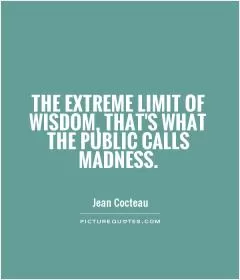
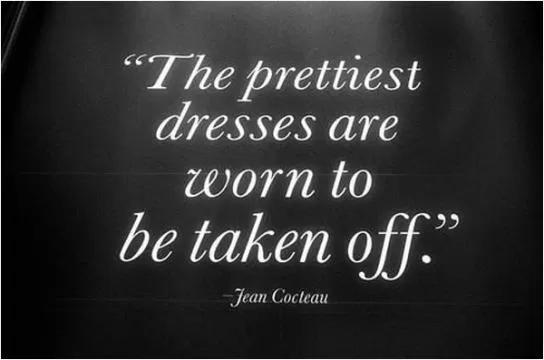
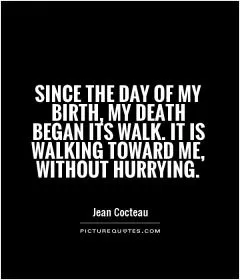
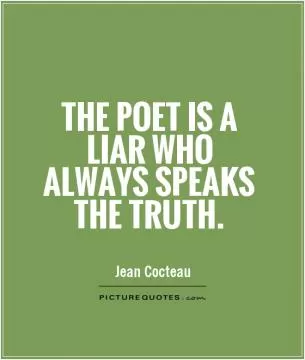
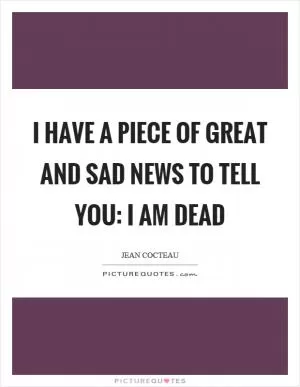
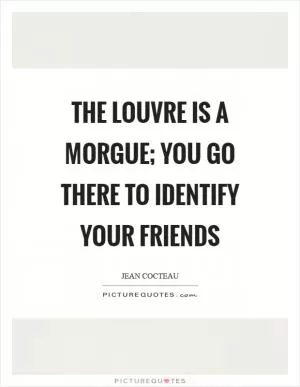
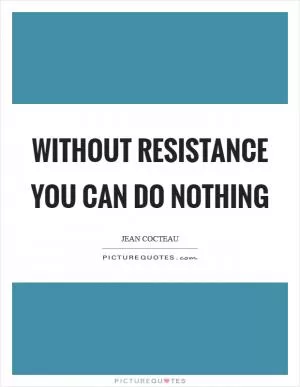
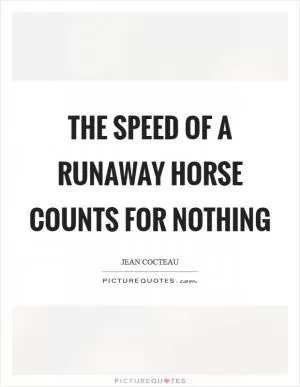
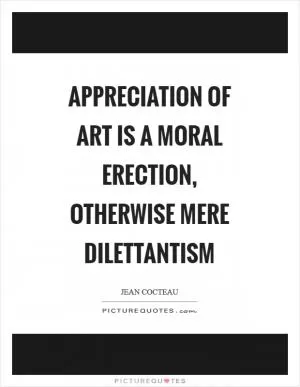
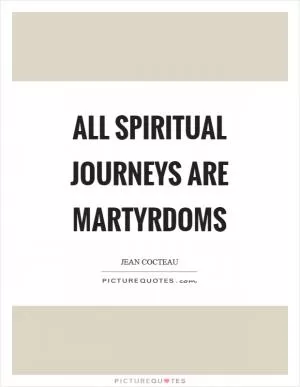
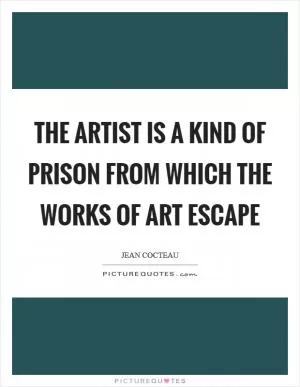
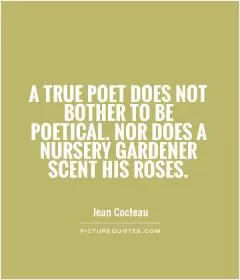
 Friendship Quotes
Friendship Quotes Love Quotes
Love Quotes Life Quotes
Life Quotes Funny Quotes
Funny Quotes Motivational Quotes
Motivational Quotes Inspirational Quotes
Inspirational Quotes